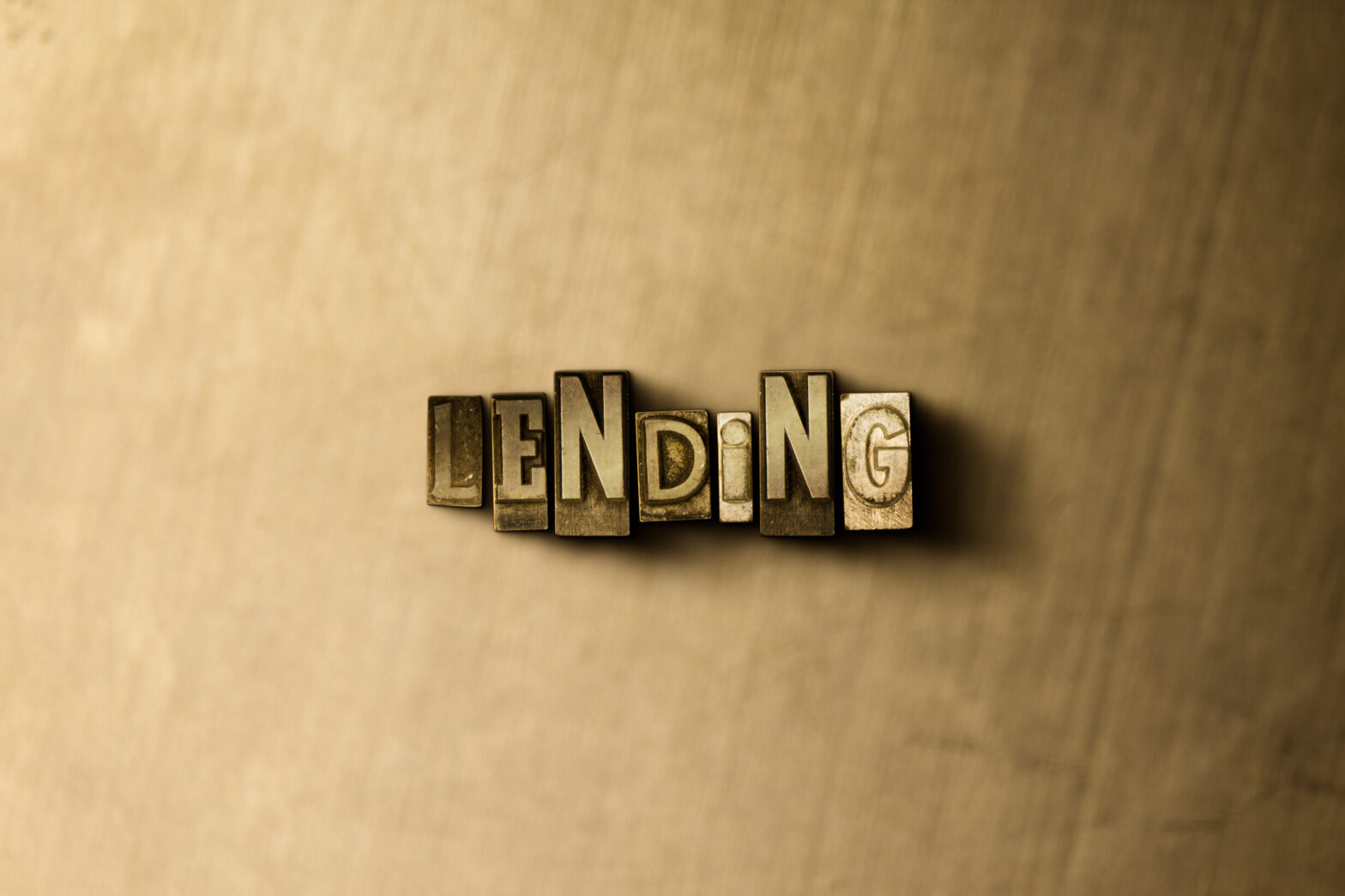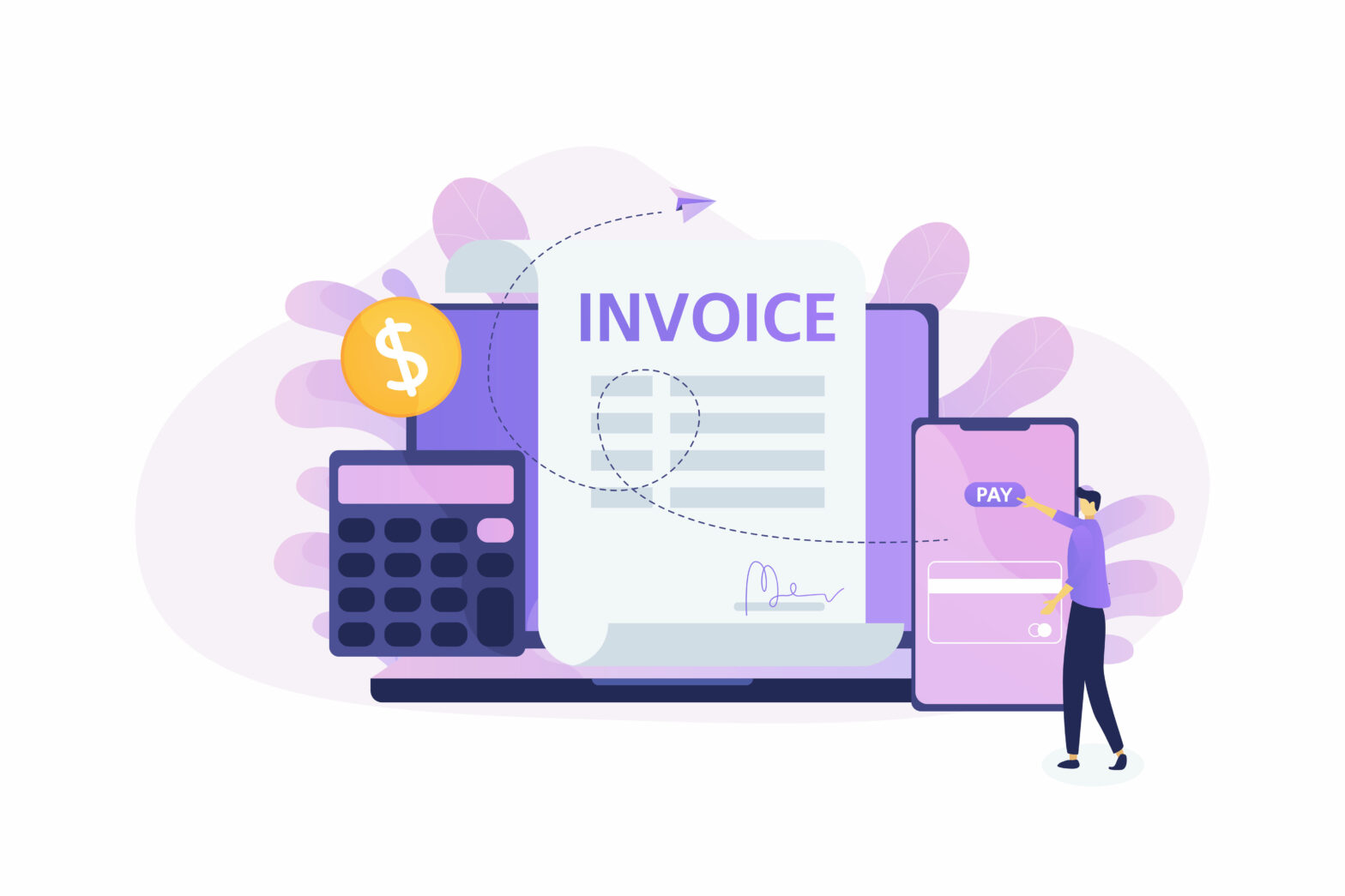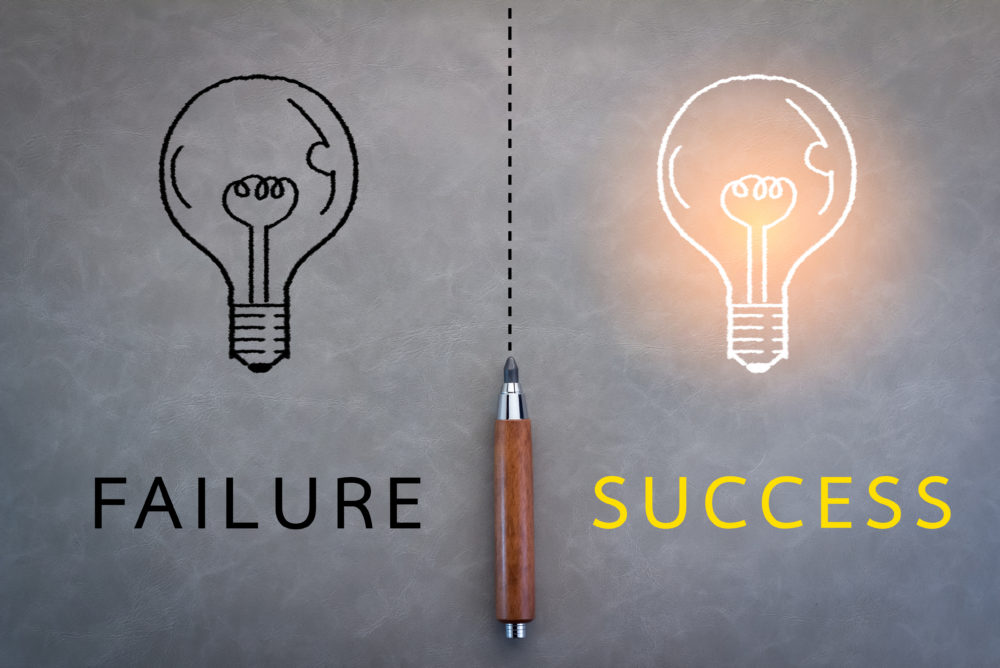Immediately you start developing a prototype out of your business idea, you will need cash to buy the basic items to produce a complete minimum viable product. Testing the prototype in the market will also need some funding; and when you come back to do further research and development, your business expenses will balloon further. Later
Testing the prototype in the market will also need some funding; and when you come back to do further research and development, your business expenses will balloon further. Later on, you will need more cash to produce the refined and complete product; as well as need, even more, funding to take your new product to the market.
Essentially, cash is the lifeblood of any business; and you need to ensure that you have adequate sources of internal and external cash injections in order to run your business operations smoothly. At different stages of growth for your business, you will need different amounts of capital injection and the sources of those funds will differ as your business grows. In all
At different stages of growth for your business, you will need different amounts of capital injection and the sources of those funds will differ as your business grows. In all cases, however, you will need working capital for running the day to day operations of the business; as well as cash to fund your capital expenditure for acquisition of assets, funding your expansion plans or doing major repairs at your business premises.
In most cases, business owners’ first point of call when they need cash to inject into their businesses is usually the banks. Commercial banks have been the traditional source of capital needed by the business. However, due to the unique characteristics of small businesses, borrowing from the mainstream banks has become a challenge; leading to alternative sources of funding such as CreditLoan coming up to fill the gap. Other sources of funding for your small business as it
Other sources of funding for your small business as it grows to include venture capitalists, angel investors and private equity investors among others. Sources of funds for your business will, however, differ at the different growth stages of your business as explained below.
1.Seed stage
At this stage, you will be testing your idea and developing a minimum viable product for your product before launching it into the market. Very few people will have built trust in your product to invest in your business idea. At this level, your personal savings and borrowing from close friends and family will be the major source of capital for your business.
2. Startup stage
Here you already have your refined product in the market and you have a few current and potential customers. With your business starting to gain traction and attracting more customers, your survival rate in the market will grow too. The proof of concept will help your business to start attracting external capital from early stage angel investors and
The proof of concept will help your business to start attracting external capital from early stage angel investors and patient capital funds. These are generally people who are willing to risk their money to help you grow your already proven business model; in exchange for equity shareholding or high priority debt.
3. Early growth stage
At this phase, you are already visible in the market and there are increasingly more customers who are seeking your services or goods. With growing demand for your products, you will need more cash to increase your production capacity, expand your business premises and hire more employees.
Commercial banks will now start being interested in your business since you will be at a level whereby your cash flows are able to repay a loan from the bank. Venture capital firms will also be looking to invest in your business through equity shareholding or debt; especially if your business model proves to be a high growth and sustainable one.
Venture capital firms will also be looking to invest in your business through equity shareholding or debt; especially if your business model proves to be a high growth and sustainable one.
At this phase, you are already visible in the market and there are increasingly more customers who are seeking your services or goods. With growing demand for your products, you will need more cash to increase your production capacity, expand your business premises and hire more employees.
Related: – Looking for funding? Find the right finance for your business here
Commercial banks will now start being interested in your business since you will be at a level whereby your cash flows are able to repay a loan from the bank. Venture capital firms will also be looking to invest in your business through equity shareholding or debt; especially if your business model proves to be a high growth and sustainable one.
4. Late growth stage
Having captured your local market, you will need to start venturing into new cities and countries with your successful business model. The amount of cash flow needed here will be huge and at this stage, private equity firms will start being interested in investing in your business. Commercial banks will be a good source of external capital too, but they will be most suitable for filling in your working capital gaps.
Finally, before you hit maturity, you will have the option of listing at the stock market through an Initial Public Offering or a private placement. This will help you to raise cash for product diversification and tweaking of the business model in order to remain relevant in the market.
See also: How to use alternative business funding to help your company grow








